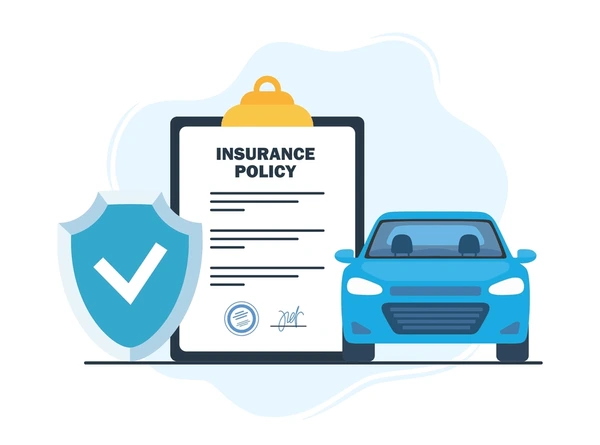Why Every Plumber Needs the Right Insurance Coverage — And How to Get It

As a plumber, your hands-on work keeps homes safe, businesses running, and communities functioning. You deal with everything from routine maintenance to full-blown emergencies, and every job comes with its own set of risks. Whether you’re a solo contractor or running a full crew, having the right insurance coverage, including plumbing insurance cover to protect against liabilities such as accidental injuries and property damage, is one of the smartest moves you can make to protect your business, your livelihood, and your reputation. Plumber liability insurance is crucial as it safeguards against property damage or bodily injury claims during your work. Additionally, considering additional coverage options like professional liability and commercial auto insurance can further protect your business from specific operational risks.








